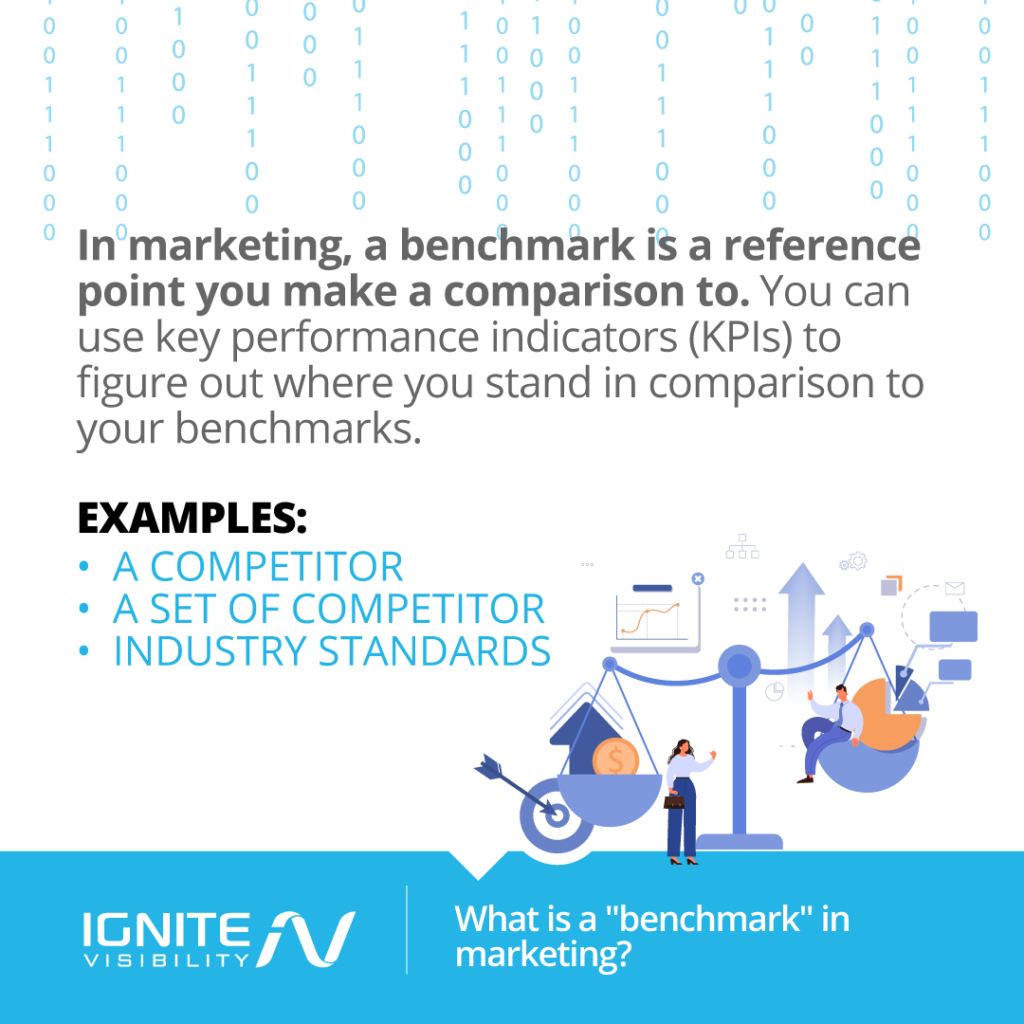
These templates are used by actual marketers and marketing companies to help them decide how to spend their money in order to receive the highest returns.
Let’s get started with why a marketing budget is essential to your business.
Why Develop a Marketing Budget
As your business grows, ensuring that you have the proper planning and budgeting in place becomes even more important. A poorly designed plan can lead to a lack of equipment, inadequate funding for staffing, and an inability to serve your clients and customers.
A marketing budget is no different. A poorly designed budget will result in runaway spending and a smaller return on investment. This will increase your staff’s stress as well as decrease your reach and sales. A marketing team with no budget can easily veer out of control, spending money on anything and everything in the hopes of grabbing leads and sales.
You’ll want to design a budget that will effectively cover all of the goals you have for your business while giving your team the funds they need to adequately allocate staff salaries, office space, communications, equipment, and more. Experts estimate that businesses should allocate approximately 10-13% of its gross revenue towards advertising and marketing.
What to Include in Your Marketing Budget
When drafting your budget, consider your company’s goals.
- What do you want to achieve this year?
- Where do you want to focus your efforts?
- What return on investment are you looking for?
- How many people do you have to staff your marketing department?
Once you have the answers to these questions, sit down and consider these aspects:
- Salaries: Staffing is one of the most important parts of your budget. You can’t carry out a marketing plan without the staff to do so. Consider your staff’s salaries when starting your budget.
- Outsourcing: If you don’t have the ability to bring on salaried employees, consider what you can outsource. If specific projects need freelancers, temps, or interns to be completed, make sure to consider their compensation in your plan.
- Staff Training: Part of marketing is keeping up on the latest trends. Be sure to include training, continuing education, and subscriptions to relevant industry publications for your staff in your marketing budget.
- Public Relations Costs: Will you need to release press releases? Need a PR consultant? Consider these expenses in your budget, as well.
- Event or Trade Show Costs: These events are great for exposure and networking opportunities but they aren’t free — or even cheap in most cases. Consider which events or shows you want to attend and rank them in order of importance. Only plan to attend the ones with the highest return on investment.
- Giveaways and Company Swag: If you’re attending events, you might want things to give out like branded or custom t-shirts, merchandise, hats, toys, etc. These items excite people about visiting your booth at events but they also work to get your name out and remembered by the public. Everyone remembers the company with the coolest swag!
- Equipment: Creating content for social media? Giving demonstrations at trade shows? Setting up a marketing booth at an event? All of these things require equipment of some type. See what tools and equipment can be reused for different events and projects and which ones will need to be bought multiple times.
- Advertising Spend: Things like Facebook ads, print ads, podcasts, search engine optimization are all a necessary part of marketing but they also all cost money. Consider where your advertising spend is best focused and work this into your budget.

What Should You Include In Your Marketing Budget?
Lean Into Your Analytics
You don’t have to recreate the wheel every year when you’re planning your marketing budget. One of the best ways to create a budget is to look at the data from your prior years.
- What worked then?
- What didn’t?
- What could work better if you made some adjustments to the original plan?
Take the data and experience from your previous years’ marketing campaigns to determine your return on investment. Once you have everything laid out in front of you, you can analyze the data and adjust your plans and budget to fit your new business goals. Building off of your prior years is important in many aspects of your business — marketing budget included.
Determining the return on investment is easier for digital marketing strategies, as most of this data is readily available through a variety of different backtesting software. Consider things like your cost per lead, your cost per acquisition, impressions, click-through rate, engagement rate, and customer lifetime value. This will help you determine if you should spend more in a certain area of your digital marketing while decreasing your ad spend elsewhere.
Do Your Research
When planning your budget, it’s also a good idea to do some benchmark marketing. Benchmark marketing gives you a reference point to make a comparison of where you’re at versus your competitors.
Use this information to determine where they are excelling and where you can learn from them and improve your own marketing.
There is a variety of software and online research tools available to make this easier for you so take advantage of this to evolve both your marketing and your marketing budget.

Definition of Benchmark Marketing
Write Out Your Marketing Budget
Now that you’ve thought about your goals, examined data from prior years, and researched to compare your marketing with your competitors’ and others in the industry, it’s time to write out your marketing budget.
Writing out your budget will make it easier for you and your staff to stick to it. Tracking each and every dollar you spend will only help when it comes to examining and learning from your actions.
You don’t have to start from scratch. There are many places where you can get your hands on a marketing budget template. The following sources below are three of our favorites:
The biggest thing to remember about your marketing budget is that it’s okay to adjust it as the year goes on. Staying flexible and adapting to the ebbs and flows of your business and industry is important.
Key Takeaways
The most important thing to remember about developing your marketing budget is that it sets the tone for your marketing year. While it is important to stay flexible, you shouldn’t stray too far from the original dollar amount that you decided on.
Your marketing budget and marketing plan should go hand-in-hand. Sit down every year and carefully lay out your plan and budget to make sure you get the highest return on your investment. Use available online resources and templates to make your job easier.
If you need some help navigating the ever-changing world of digital marketing and how it affects your overall budget, reach out and schedule an appointment with one of our marketing experts. We can help analyze your business and industry and tell you where your time and dollars are best spent!